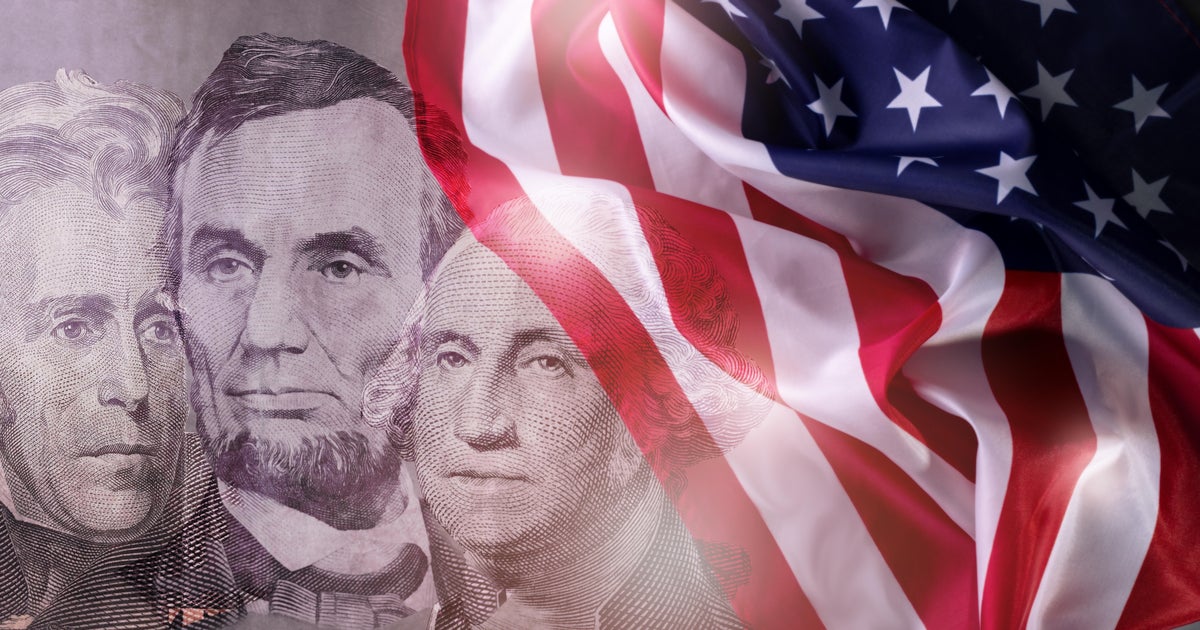Walgreens' Dow entrance is a bust, thanks to Amazon
Walgreens Boots Alliance entered the Dow Jones industrial average this week in what the S&P Dow Jones indices cited as a nod to its economic importance as a proxy for America's health care industry.
But that recognition was short-lived on Thursday, when shares of Walgreens tumbled more than 9 percent. The culprit: Amazon's entry into the pharmacy business -- as well as Walgreen's own recent missteps.
Amazon is buying online pharmacy PillPack, a business that's aimed at consumers who take multiple medications. The problem for Walgreens, aside from gaining a large competitor like Amazon, is that the drug store chain has become increasingly reliant on pharmacy sales to drive sales and profits.
The purchase is "a warning shot in what is about to become a major battle in the pharmacy space," said GlobalData Retail managing director Neil Saunders in a research note. "In our view, this is only the first play in what will be an increasingly aggressive strategy by Amazon to develop a much more significant presence in the pharmacy market. "
On top of battling Amazon, Walgreens is also struggling with some of its own missteps.
Walgreens reported fiscal-third quarter earnings that beat analysts' estimates, yet weakness in its retail division failed to assuage investor concerns. Retail sales include the front-of-the-store items that consumers tend to grab when they're filling prescriptions, like hair products or sodas.
Walgreens replaced General Electric on June 26 in the Dow Jones industrial average, ending GE's 111-year run as one its 30 components. Walgreens' shares had declined 14 percent in the previous 12 months through close of trading Wednesday.
A "mediocre" retail experience
Revenue excluding pharmacy sales declined 3.8 percent in the latest quarter in stores open at least a year. Its retail sales weakness has been accelerating, since the measure declined by 2.7 percent in the previous quarter.
Walgreens' retail sales reflect "a lack of effort," Saunders wrote. "Walgreens could and should do much better in front-of-store retail."
In his view, the product mix is "mediocre" and the company hasn't made a consistent effort to provide grab-and-go food. One example where Walgreens has tried to beef up its food products is its main Denver store, where it offers a sushi bar. But, Saunders said, "this kind of development is rare."
"Until Walgreens significantly enhances and invests in its core retail offer, it is not going to drive its front-of-store business forward in any meaningful way," he added.
Amazon's threat
The online juggernaut's entry into the pharmacy business could threaten Walgreens, CVS and other major pharmacy chains in three ways, Saunders noted.
Appealing to younger customers: Walgreens and CVS rely on loyal customers to fill their prescriptions, but these tend to be older consumers. Younger shoppers are more likely to switch to online pharmacies or Amazon, which could create "a real erosion" in customer share among the established chains, he noted.
Retail competition: Walgreens and CVS haven't improved their retail mix and experience to effectively compete with online retailers like Amazon. Without a reason to step into a Walgreens, consumers may opt to shift their spending online, which will impact the chains' pharmacy sales.
Pricing pressure: Because of its size and economies of scale, Amazon will likely put pricing pressure on the pharmacy industry, Saunders said. Walgreens might be able to offset that through sales of higher-margin beauty products, but Sanders said he wasn't as optimistic about CVS.
Saunders added, "These unfavorable dynamics mean that drugstores need to rethink their futures."



